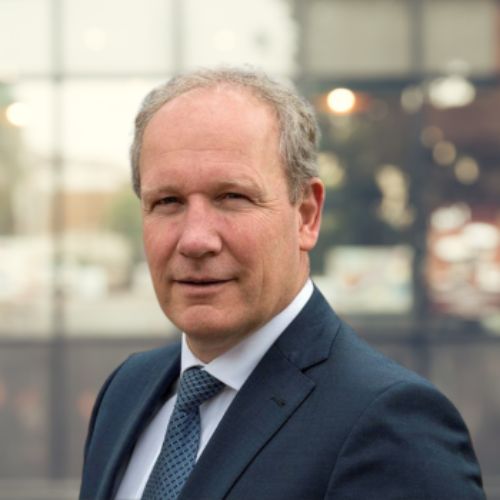Hydrogen production: The economic perspective for Dutch industry
Status project
2020 - present
In cooperation with
The HyScaling consortium of the Institute for Sustainable Process Technology (ISPT)
To develop and promote hydrogen technology with Dutch companies, cooperating parties including TNO have set clear goals in the HyScaling project. One of those goals is the need for electrolysers with better performance to produce green hydrogen. In addition, hydrogen production must also be more efficient and less expensive if a good production chain is to be developed for it.
Thanks to the RVO MOOI 2020 project HyScaling, Dutch industry will be able to achieve five gigawatts of electrolysis capacity for green hydrogen production by 2030. This hydrogen will also be 25% to 30% cheaper than has been the case so far.
In view of the climate targets and circularity, Dutch industry must switch from fossil to renewable sources of energy. How will that be possible? One possibility is the use of hydrogen, produced with sustainably generated electricity in electrolysers. These are systems that split water (H2O) into oxygen (O2) and hydrogen gas (H2).
Hydrogen production cheaper and faster
A consortium has been formed with start-ups, SME manufacturing companies, knowledge institutions including TNO and large industrial end-users. Partner innovations from various Dutch regions, as well as from Germany and Belgium are included. The consortium has what it takes to scale up unique knowledge and technology and bring it on to the market.
The knowledge, expertise and innovations that TNO and partners bring to the table and gain by working together can be used to accelerate the large-scale deployment of hydrogen production and allow for reduced time to market. The research facilities for this purpose include the Fieldlab industrial electrification, Faraday lab in Petten and the Hydrohub MW test centre in Groningen.
This will enable the cost-effective, large-scale hydrogen production of electrolysers for domestic use and export. This is exactly what the HyScaling consortium of the Institute for Sustainable Process Technology (ISPT) and TNO and industry partners are working towards within a coherent programme.
Key market position
In addition to being a climate challenge that requires a lot of investment, this is also a great opportunity for Dutch manufacturing industry. Indeed, due to the European ambition to have 40 gigawatts of installed capacity by that year the European electrolyser market is expected to reach an annual turnover of one billion euros by 2030.
One gigawatt is one million kilowatts, enough to power a million homes. HyScaling aims to capitalise on this market perspective and to give Dutch high-tech industry a key position in that market.
The public perception of green hydrogen in the Netherlands
Green hydrogen offers a promising solution for a sustainable future. While there are societal impacts, such as increased costs and changes to the landscape, it also presents opportunities for innovation and growth. Local concerns can be addressed through an open and fair process where all voices are heard.
Therefore, it is important to consider public perception alongside technological innovation in the project. TNO has conducted an initial study on how the Dutch public perceives green hydrogen (pdf).
The results show that the public perception of green hydrogen is generally quite positive. Trust in organisations that produce, transport, store, and use hydrogen appears to be one of the key factors explaining the overall perception of green hydrogen.
Underground storage and wine farms
The basis already exists. The Netherlands has an extensive network for the distribution and underground storage of (hydrogen) gas. A lot of electricity is going to be generated in large offshore wind farms, with close by on land the large-scale process industry that will be using it to produce hydrogen. Moreover, we have a very strong high-tech industry that can build the required electrolysis units.
The hyscaling consortium:
The consortium includes the hydrogen technology region from the triangle Hengelo - Arnhem - Nijmegen (represented by Teijin, start-up MXPolymers, VDL, Veco and MTSA); High-tech region Eindhoven (Noord Brabant), represented by TU/e, Brainport Development (BPD), BOM, SALD, Hauzer, Ionbond); Randstad Zuid-Holland (represented by TU Delft, TNO, start-up Zero Emission Fuels (ZEF), Delft IMP, Hydron Energy, Frames, Magneto, VSL and FME); Randstad Noord-Holland (with TNO, DotX Control, Danieli Corus, HyCC, Greenberg Traurig and ISPT); Noord-Nederland (Hanze Hogeschool-EnTranCe and Vonk); Germany (Fraunhofer IPT); Belgium (Borit).
Get inspired
Hydrogen in the energy system: The future of sustainable energy in the Netherlands and Europe
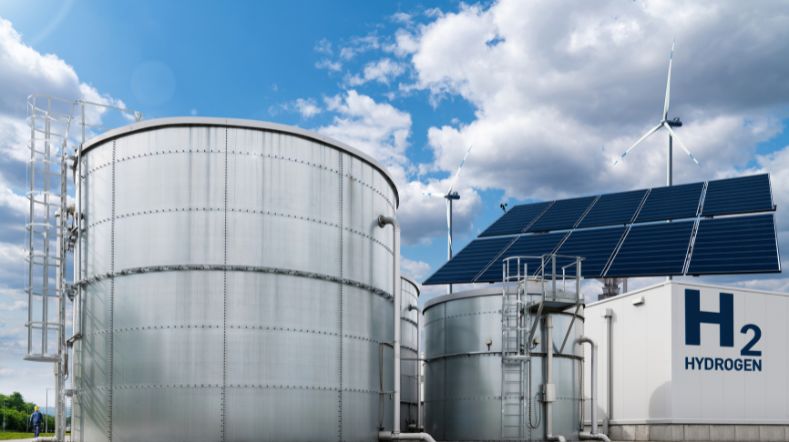

NORCE and TNO are entering into a strategic partnership on hydrogen developments
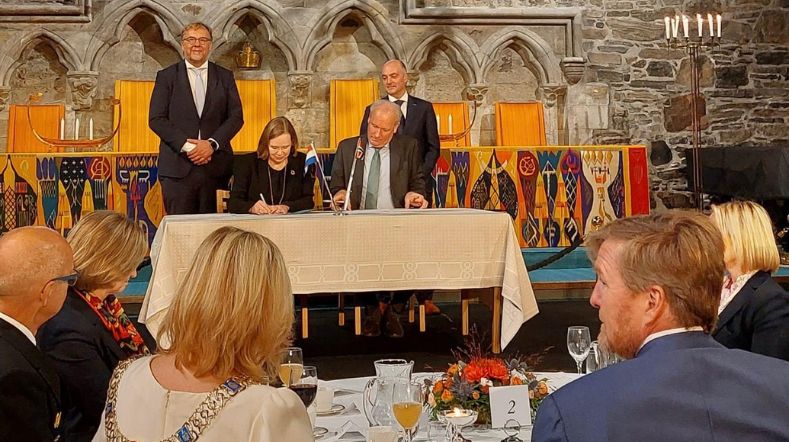

Dutch consortium participates in EU research project on large-scale hydrogen storage in depleted gas fields
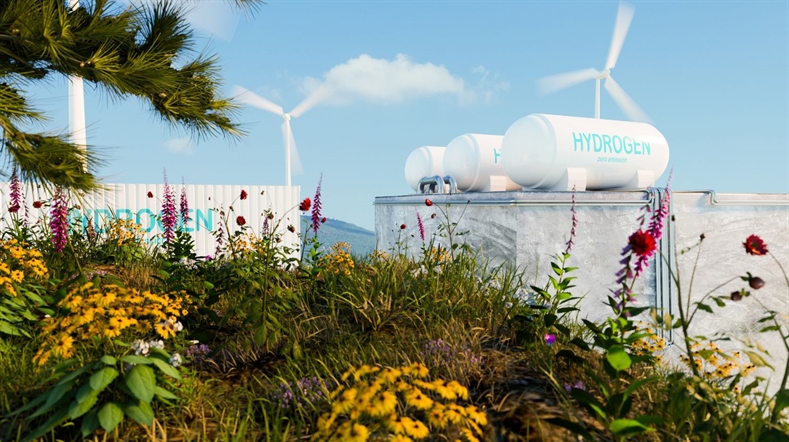

Underground hydrogen storage
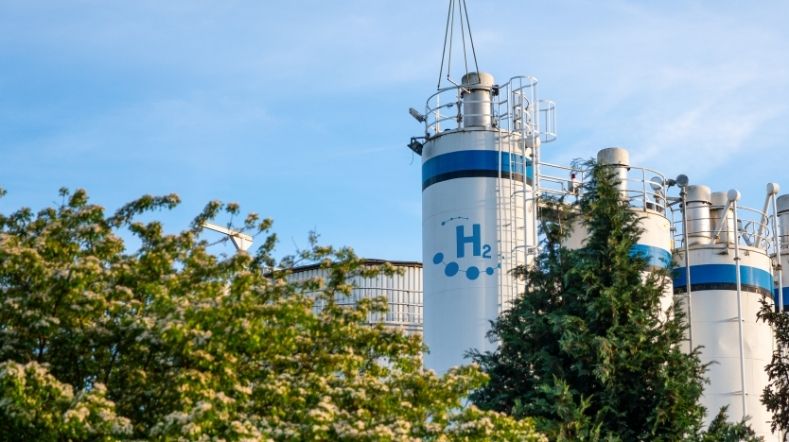

Collaboration TNO and Elcogen for development Solid Oxide Electrification Technology in Europe




